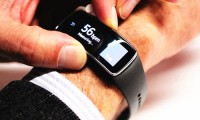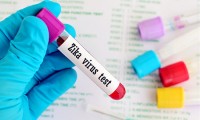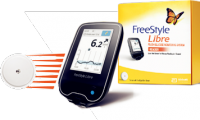-
Linda Healthcare Infuses A.I. and Blockchain to build Crypto Health Insurance
- Source: blockchainhealthcarereview
- 735
- December 1, 2017
-
China makes use of AI for healthcare
- Source: digitaljournal
- 653
- November 23, 2017
-
Bristol-Myers, J&J sink cash into a new $95M European biotech fund
- Source: Endpts
- 616
- November 3, 2017
-
Wearable Devices–A New Look For The Modern Clinical Trial
- Source: clinicalleader
- 987
- November 2, 2017
-
New Use of A.I. Accurately Detected Cancer 86 Percent of the Time
- Source: inverse
- 723
- November 1, 2017
-
WHO report signals urgent need for greater political commitment to end tuberculosis
- Source: who
- 597
- October 31, 2017
-
FDA approves first continuous glucose monitoring system for adults not requiring blood sample calibration
- Source: fda.gov
- 838
- September 30, 2017
your submission has already been received.
OK
Subscribe
Please enter a valid Email address!
Submit
The most relevant industry news & insight will be sent to you every two weeks.













